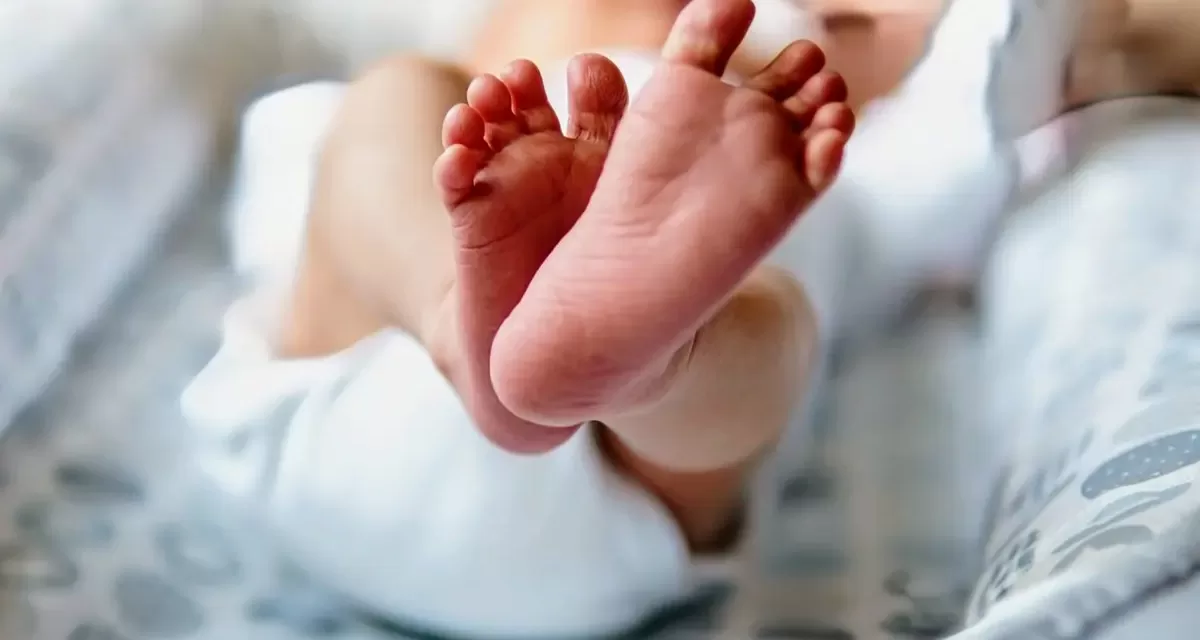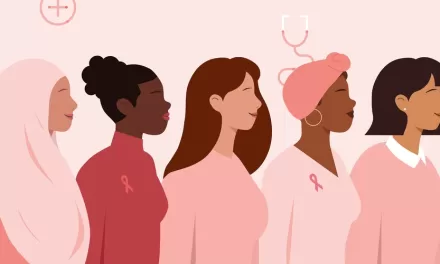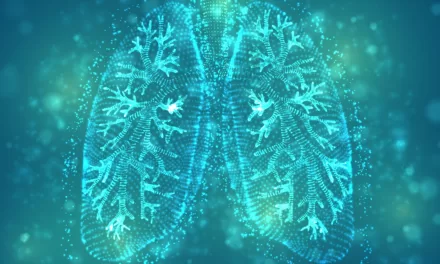A recent study from UTHealth Houston has revealed that children born to adolescent and young adult men who have been diagnosed with cancer face a slightly higher risk of preterm birth and low birth weight. However, the research found no significant increase in the likelihood of birth defects among these children.
The population-based study, which was published in the Journal of the National Cancer Institute, analyzed data from 42,896 men aged 15-39 diagnosed with cancer between 1995 and 2015. The study compared their offspring’s birth outcomes to those of children born to men without a cancer diagnosis, matched by age and ethnicity.
The findings showed that preterm births occurred in 8.9% of children born to men with cancer, compared to 8% among men without cancer. Similarly, 6% of children of fathers with cancer were born with low birth weight, compared to 5.3% in those without cancer. Importantly, there was no increased risk of birth defects in the offspring of men with cancer.
The research also highlighted that the likelihood of live birth after a cancer diagnosis varied by cancer type. Fathers who had been diagnosed with thyroid cancer had the highest rate of live births (27.6%) ten years after their diagnosis, while those with gastrointestinal cancer had the lowest (9.6%).
Lead author Dr. Caitlin Murphy, an associate professor at the UTHealth Houston School of Public Health, emphasized the importance of reproductive counseling for young men with cancer. “There has been very little research on childbirth and perinatal outcomes for adolescent and young adult men with cancer,” said Dr. Murphy. “I often hear from cancer patients that fertility is one of their greatest concerns, so it’s crucial to provide them with data-driven answers to their questions.”
The study utilized data from the Texas Cancer Registry, live birth certificates, and the Texas Birth Defects Registry. Researchers found that cancer diagnosis and subsequent treatment, including chemotherapy, may increase risks related to childbirth outcomes, but did not appear to cause birth defects.
Dr. Murphy also highlighted the need for broader reproductive health counseling, particularly in light of the overwhelming decisions cancer patients face shortly after their diagnosis. “There is a big push to offer counseling at the time of diagnosis related to fertility preservation, but as you can imagine, patients are navigating the stress of their cancer treatment and need more comprehensive support,” she said.
The study emphasizes the importance of integrating reproductive health discussions into the cancer care process, particularly for adolescents and young adults. Future research will continue to investigate the pregnancy outcomes of both male and female cancer survivors to provide a clearer picture of fertility and perinatal health.
Co-authors of the study from the UTHealth Houston School of Public Health included Jennifer S. Wang, MPH; Andrea C. Betts, Ph.D., MPH; L. Aubree Shay, Ph.D., MSSW; Marlyn A. Allicock, Ph.D., MPH; and Caroline L. Kirk, MPH, MHA.
For further details, see the original study: “Childbirth after cancer among 42,896 male adolescents and young adults: a population-based study” in the Journal of the National Cancer Institute.











